Act Now - Limited Time Offer
$67 Pest Control

Chris Barber
Pest Control Technician
Jakob Beltran
Pest Control Technician
Mackenzie Keene
Office Manager
In Bostonia, Aedes mosquitoes are a common nuisance. These aggressive biters frequently feed on humans and are capable of transmitting diseases such as dengue, yellow fever, and chikungunya. Aedes mosquitoes lay their eggs in areas that will eventually fill with water. Their eggs are resistant to drying out and can hatch when conditions become suitable.
Two significant species in the area are Aedes aegypti and Aedes albopictus. Aedes aegypti, also called the yellow fever mosquito, thrives in urban environments and breeds in small water containers. Aedes albopictus, the Asian tiger mosquito, is recognizable by its black body with white stripes. Both species are most active during daylight hours, particularly around dawn and dusk.
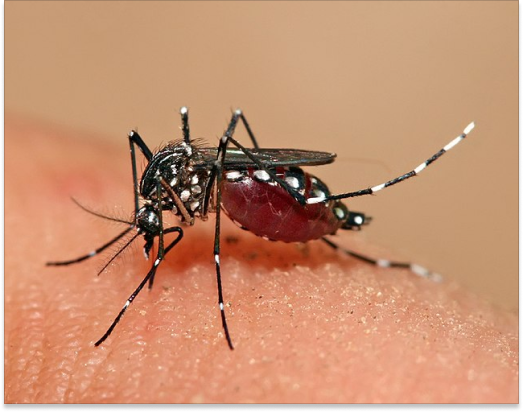
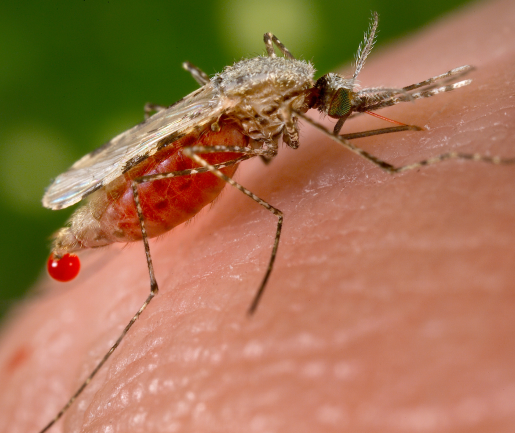
Anopheles mosquitoes are a significant concern for our mosquito control efforts in Bostonia. These mosquitoes lay eggs on the water’s surface, especially in places with heavy vegetation or algae. The eggs are boat-shaped with lateral floats that help them stay afloat. Anopheles larvae rest parallel to the water without a siphon, and adults rest with their bodies in a straight line. This species is the sole transmitter of malaria.
In Bostonia, five species of Anopheles mosquitoes are common, typically found in vegetated water, algae-covered pools, and agricultural areas. These mosquitoes bite at dawn, dusk, and nighttime, requiring effective control measures to limit their population and reduce the risk of malaria.
Culiseta mosquitoes are a common pest in Bostonia. These mosquitoes deposit their eggs on water, forming rafts. The larvae hang downward beneath the water’s surface. Adults are recognizable by their bluntly rounded abdomens, and some species are known to bite aggressively.
Though less aggressive than other mosquitoes, they can still pose a nuisance in Bostonia. Our mosquito control treatments target these pests, ensuring your family’s safety and comfort by reducing their population.
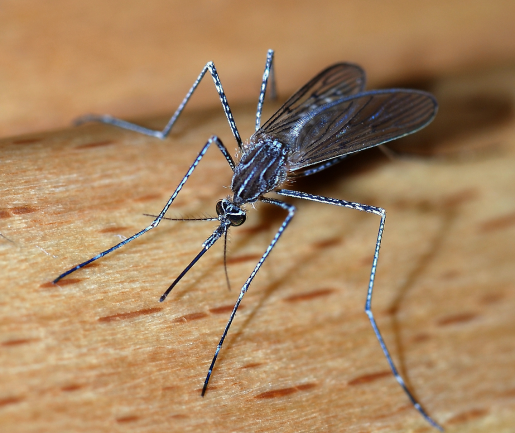
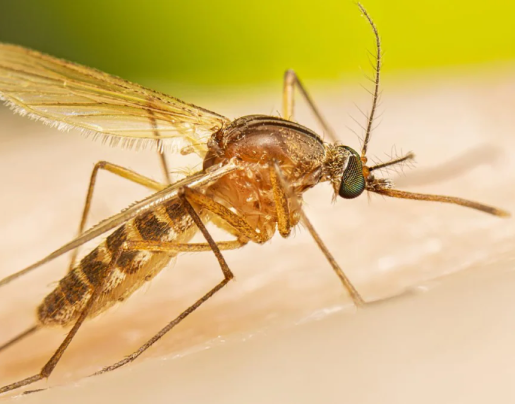
Culex mosquitoes are prevalent in Bostonia and are notorious for spreading West Nile virus, St. Louis encephalitis, and Western equine encephalitis. They are most active at dawn, dusk, and nighttime. They lay eggs on water surfaces, creating a raft-like structure, and are often found near ponds, stagnant pools, and vegetated areas.
These mosquitoes are light brown with a pale band around their proboscis and prefer to bite at night. Controlling them involves eliminating stagnant water and using treatments to reduce their population.
We begin our mosquito treatment with a detailed inspection of your yard to find areas where mosquitoes breed, such as stagnant water and dense foliage. Before we arrive, it’s best to clean up your yard and remove any standing water for optimal results.
The treatment takes around 30 minutes, depending on your yard size. We use fogging and the In2Care system, which are safe for children and pets. The In2Care system keeps working after the treatment, preventing mosquito populations from growing.
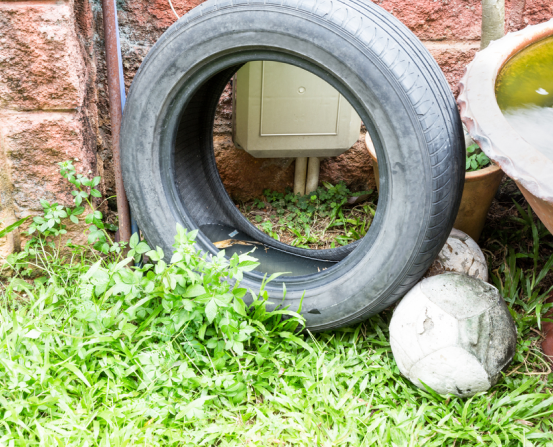
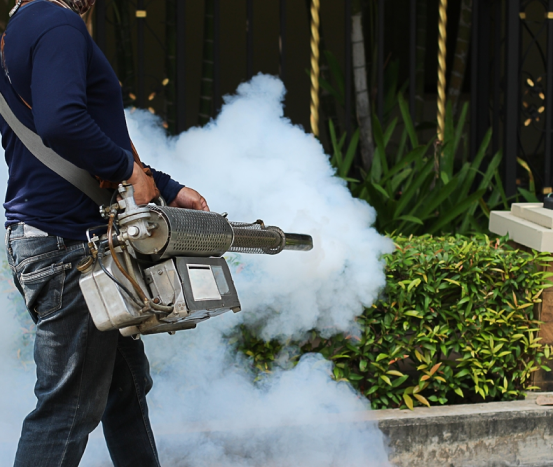
Our mosquito control service offers consistent protection to keep your yard mosquito-free. Each monthly visit takes about 30 minutes, depending on your yard’s size. We recommend clearing standing water before we arrive. Our treatments are safe for kids and pets, so your family can enjoy the outdoors without concern.
The In2Care system reduces mosquito populations by targeting breeding sites. Monthly fogging creates a barrier to prevent mosquitoes from surrounding areas from entering your space. Our specialists will also help identify any potential mosquito hotspots in your yard and suggest preventative measures. Even after rain, our treatments remain effective.
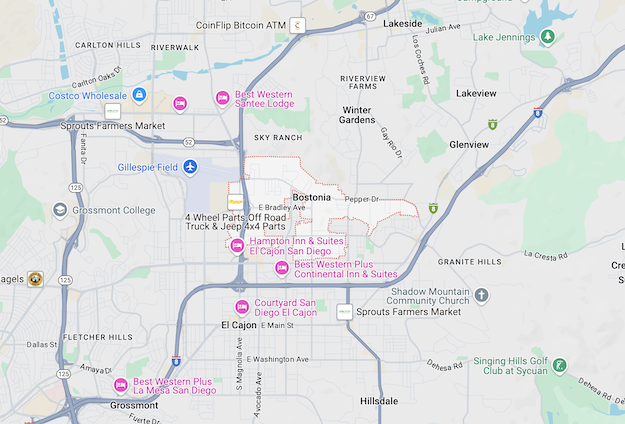
Limited time offer! Get $50 off your first pest control service.

Barrier Services
Bostonia Office
© Bostonia Pest Control 2024